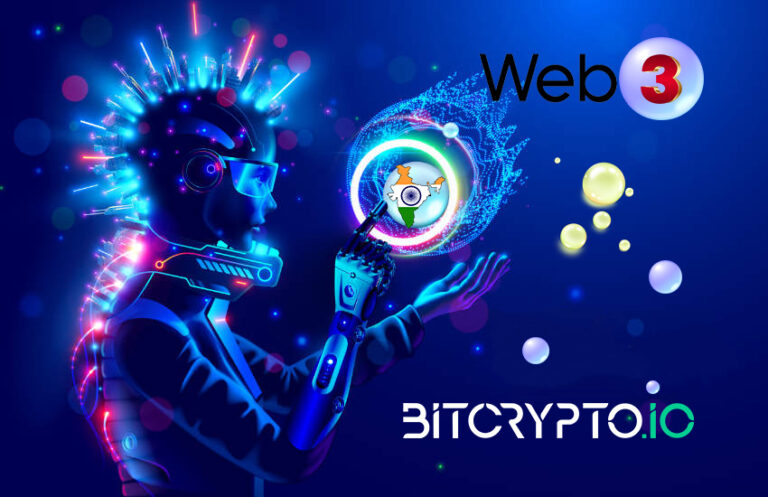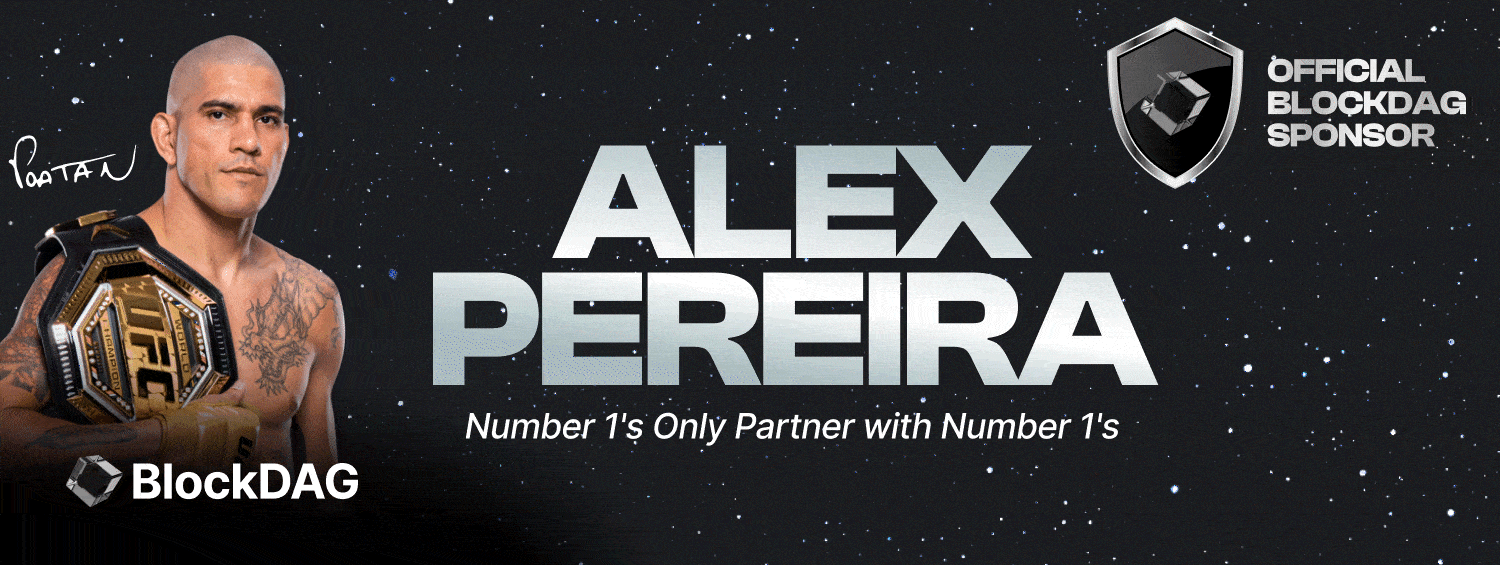
Imagine a future where the internet is not controlled by a few tech giants but is instead decentralized, secure, and accessible to everyone. This is the promise of Web3, the next generation of the internet, built on blockchain technology.
Now, picture India, with its rich history, diverse culture, and booming tech industry, leading this revolutionary shift. Could India become the world’s Web3 hub? The answer lies in a combination of talent, innovation, supportive policies, and a shared vision for the future.
World of Web3
Web3 is more than just a buzzword; it’s a transformative vision of the internet. Unlike today’s Web2, where platforms like Facebook and Google hold immense power and control over user data, Web3 is about decentralization. It gives users more control over their data and online identities. It enables new forms of digital ownership through cryptocurrencies and NFTs (non-fungible tokens) and opens up innovative financial systems through decentralized finance (DeFi). Web3 is set to reshape how we interact, transact, and collaborate online.
India’s Tech Talent
India has long been a global IT powerhouse, with its engineers and developers in high demand worldwide. Exports from the Indian IT industry stood at $US 194 billion in FY23. India’s technology industry is on track to double its revenue to US$500 billion by 2030. India’s overall Digital Competitiveness Score of 60 (on 100), ahead of every BRICs nations besides China, reflects the rise of tech talent in the country. Indian developers are already making significant strides in blockchain technology. For example, Polygon, a blockchain scalability platform founded by Indians, has gained international acclaim and showcases India’s potential to lead in this space

A Thriving Startup Scene
India’s startup ecosystem is buzzing with energy and innovation. Many of the startups are venturing into blockchain and Web3, creating groundbreaking solutions. The increasing number of unicorns, or startups valued at over $1 billion, is a testament to the robust support from investors and the entrepreneurial spirit driving the tech scene in India.
Government’s Role in Shaping the Future
The Indian government plays a crucial role in fostering the growth of Web3. There are already positive steps being taken, such as the establishment of the Blockchain District in Telangana and the Kerala Blockchain Academy. These initiatives aim to create a conducive environment for blockchain innovation. However, there is still a need for friendly regulations, especially concerning cryptocurrencies, to ensure a balanced approach that promotes innovation while protecting users.
Building the Next Generation of Innovators
India’s educational institutions are pivotal in this technological transformation. Leading universities like the Indian Institutes of Technology (IITs) and Indian Institutes of Management (IIMs) are introducing blockchain and Web3 courses. These programs are essential for developing the next generation of tech leaders who will drive Web3 forward. Collaborations between academia and industry can further accelerate research and innovation.
The Power of Community
Web3 thrives on community collaboration. India has a vibrant community of developers, enthusiasts, and entrepreneurs passionate about decentralized technologies. Events like hackathons, meetups, and conferences foster an environment where ideas can flourish, and knowledge can be shared. This collective effort is crucial for the growth of Web3, as it encourages innovation and the development of practical solutions.

How to Overcome Challenges
While the potential is immense, India faces some challenges on its path to becoming a Web3 hub:
Regulatory Clarity: Clear and supportive regulations are essential for fostering innovation. A well-defined legal framework can boost confidence and drive growth.
Infrastructure: Reliable and high-speed internet is fundamental for the widespread adoption of Web3. Although India has made significant strides in improving digital infrastructure, further development is needed, particularly in rural areas.
Cybersecurity: As Web3 applications handle sensitive data and assets, robust cybersecurity measures are crucial. Investing in advanced security protocols and technologies is essential to protect users from cyber threats.
Talent Retention: While India produces a large number of skilled IT professionals, retaining talent remains a challenge. Competitive salaries, career growth opportunities, and a supportive ecosystem are essential to keep top talent within the country.
Education and Skill Development: Expanding blockchain and Web3 education in universities and professional training programs will create a skilled workforce ready to lead the industry. Encouraging research and development through grants and partnerships can also spur innovation.
Collaborative Ecosystem: Encouraging collaboration between startups, established companies, academic institutions, and government bodies can create a synergistic environment. Initiatives like innovation hubs and incubators can provide the necessary support for budding entrepreneurs.
Global Perspective: Indian companies and developers should be encouraged to think globally. Building solutions that address global challenges will not only elevate India’s position in the Web3 space but also attract international investments and collaborations.
Conclusion
India has all the ingredients to become a global Web3 hub: a rich pool of tech talent, a vibrant startup ecosystem, and a growing interest in blockchain technology. However, realizing this potential requires a concerted effort from all stakeholders, including the government, industry, academia, and the community. By fostering innovation, ensuring regulatory clarity, and investing in education and infrastructure, India can indeed lead the Web3 revolution, shaping the future of the internet on a global scale.


























